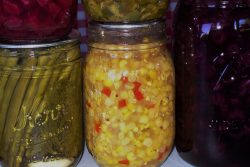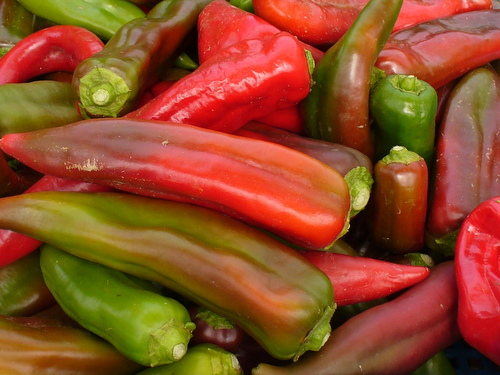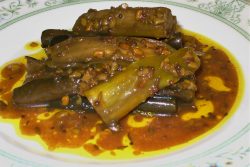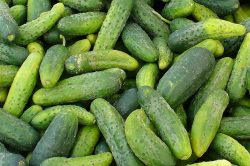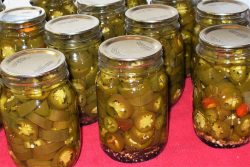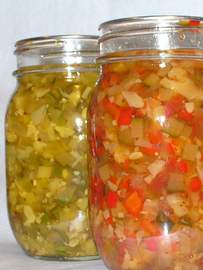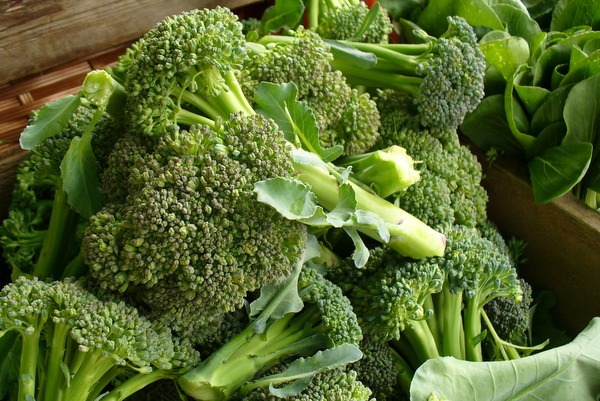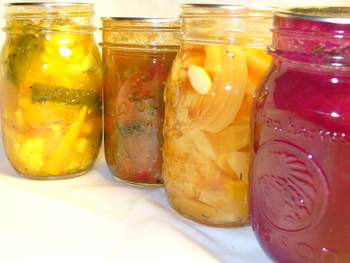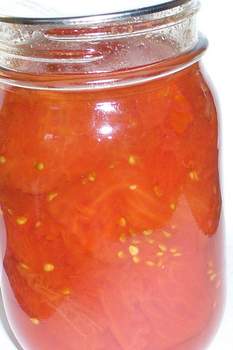Try salting. It’s an easy way to ferment, pickle, and store vegetables
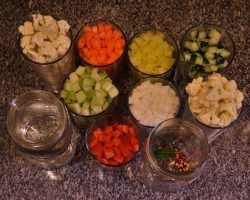
Salting is an old-fashioned fermenting or curing method for preserving vegetables. This technique was a popular food preservation method in the early twentieth century, especially during the first and second World Wars. Layering food with salt to preserve seasonal vegetables was promoted as an alternative to canning in order to conserve glass, metal, and fuel needed for the war effort.… …click to read more…

